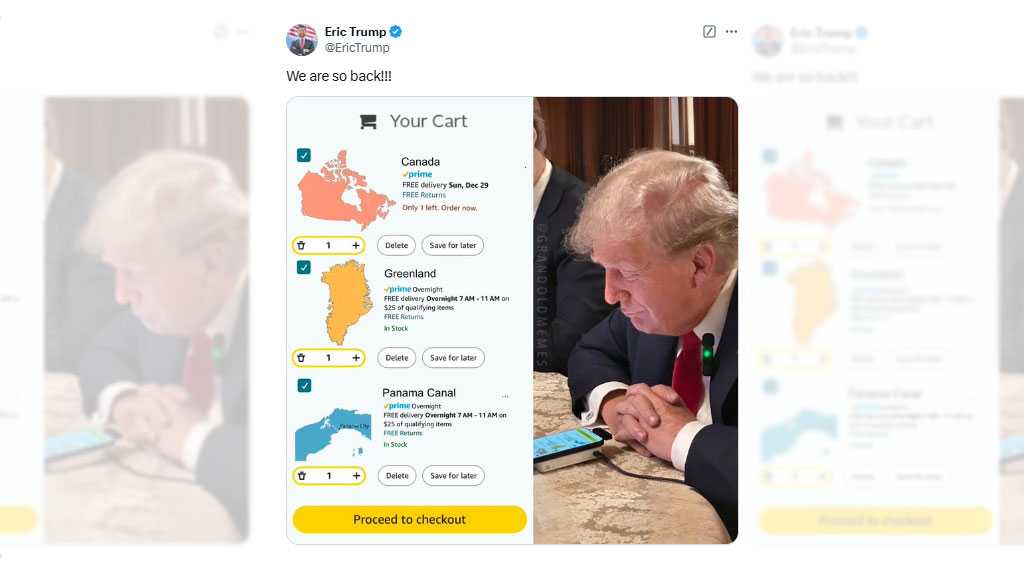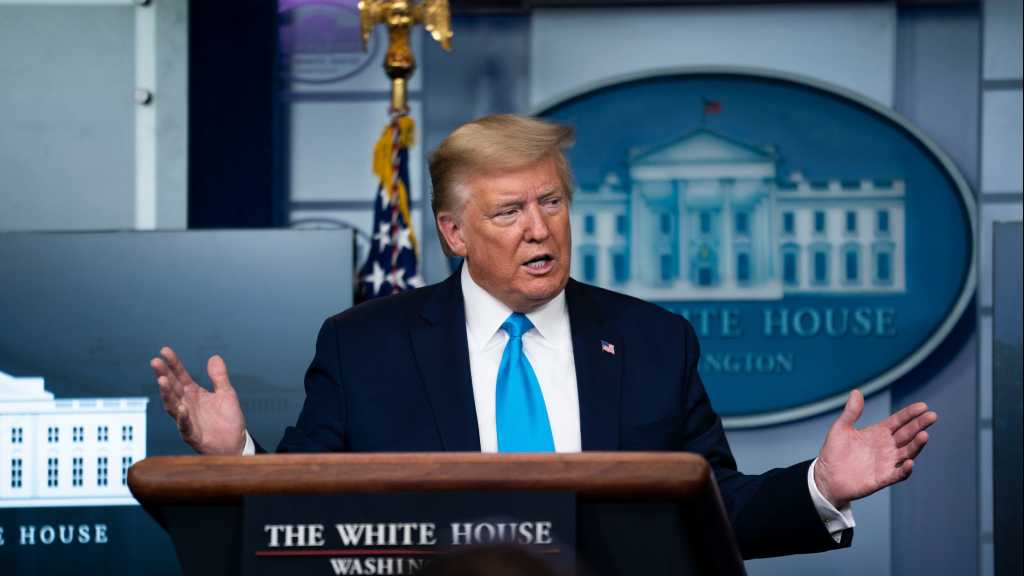Russia’s resentment of the West began with a broken promise

Source: truthdig.com, 21-10-2008
By William Pfaff
It did not take the clash between Russia and Georgia to reveal that relations between Russia and the West have taken a bad turn. They have been deteriorating since the mid-1990s, when the decision was taken to expand NATO to include the former Warsaw Pact states. At the time of that decision, George F. Kennan, the most eminent American diplomat of his time, said this could be the most disastrous mistake made in American foreign policy in decades. He erred only in underestimating the comparative scale of the blunders that would follow, in the George W. Bush administration.
In a recent column I quoted the final U.S. ambassador to the Soviet Union, Jack Matlock, on the promise made personally by President George H.W. Bush and Secretary of State James Baker to Mikhail Gorbachev, that if East Germany was allowed to unite with West Germany, and the USSR placed no obstacle to a unified Germany's continuing as a NATO member, the Western alliance would not attempt to expand any further into what had been Warsaw Pact Europe. The president and the secretary of state agreed, with Baker saying, according to Matlock, "not one inch." In September 1990, German unification took place.
Unfortunately, the agreement seems never to have been written down. Chairman Gorbachev undoubtedly looked deeply into Bush's and Baker's eyes, as Bush Jr., 11 years later, was to look deeply into the eyes of Vladimir Putin. Gorbachev saw the souls of American gentlemen. The young Bush saw in Putin the soul of a democrat. There were mistakes made all around.
Bill Clinton arrived in the White House and electoral advantage called. The U.S. lobbies of the East European countries demanded that they be included in NATO. The most influential was the Polish lobby in Chicago, which could swing the city and perhaps the state. In 1994, the so-called Partnership for Peace was created, a kind of cadet-membership in NATO. Poland, Hungary and the Czech Republic joined, and in 1999 became full members of NATO. By this time, Republicans and Democrats were bidding for the election votes of American supporters of the rest of the ex-Warsaw Pact states, and those of the Baltic nations as well, which during the Second World War had been incorporated into the Soviet Union. They all joined NATO in 2004. Next came the candidacies of Ukraine and Georgia, both of which had been integral parts of the czarist Russian empire from the 19th century onward.
In his final book, "At a Century's Ending," in 1996, Kennan said of the new post-Communist Russia something that no American government seems ever to have taken seriously. He wrote: "That Russia will ever achieve ‘democracy,' in the sense of political, social and economic institutions similar to our own, is not to be expected. And even if Russian forms of self-government should differ significantly from our own, it is not to be postulated that this would be entirely a bad thing."
Nations are what history has made of them, which includes their bad experiences as well as their good. Putin has proven extremely popular in Russia and extremely unpopular in the American government and media for exactly the same reasons. He is a Russian nationalist, has given Russia an independent and uncompromising stance that suits Russian pride, after two decades of the humiliation, disorder and social breakdown that many Russians now associate with American and Western influences on their country. In Georgia, he put a brisk and efficient end to what universally is seen in Russia as a deliberate provocation staged by the United States.
Putin has demonstrated that the United States and NATO are effectively powerless in the Caucasus, and in no position to interfere with Russia elsewhere in its own historical zone of interest. Indeed, Russia now has been handed what amounts to a controlling interest in NATO's war in Afghanistan. As a result of American blundering in the Middle East, and of increasing trouble in Pakistan, the U.S. has been forced to ask Russia to permit the major supply route for the Afghanistan war to pass by way of Russia.
The irony in this is not only that while abusing Russia for its policies elsewhere, the U.S. depends on Russia in order to wage the Afghanistan war. It is that Russia now controls how long that war will go on. It might be just as long as it took the Afghans to destroy the Russian army trying to control their country during the last years of the Soviet Union, while demoralizing the Russian nation. Just long enough, and no more.
By William Pfaff
It did not take the clash between Russia and Georgia to reveal that relations between Russia and the West have taken a bad turn. They have been deteriorating since the mid-1990s, when the decision was taken to expand NATO to include the former Warsaw Pact states. At the time of that decision, George F. Kennan, the most eminent American diplomat of his time, said this could be the most disastrous mistake made in American foreign policy in decades. He erred only in underestimating the comparative scale of the blunders that would follow, in the George W. Bush administration.
In a recent column I quoted the final U.S. ambassador to the Soviet Union, Jack Matlock, on the promise made personally by President George H.W. Bush and Secretary of State James Baker to Mikhail Gorbachev, that if East Germany was allowed to unite with West Germany, and the USSR placed no obstacle to a unified Germany's continuing as a NATO member, the Western alliance would not attempt to expand any further into what had been Warsaw Pact Europe. The president and the secretary of state agreed, with Baker saying, according to Matlock, "not one inch." In September 1990, German unification took place.
Unfortunately, the agreement seems never to have been written down. Chairman Gorbachev undoubtedly looked deeply into Bush's and Baker's eyes, as Bush Jr., 11 years later, was to look deeply into the eyes of Vladimir Putin. Gorbachev saw the souls of American gentlemen. The young Bush saw in Putin the soul of a democrat. There were mistakes made all around.
Bill Clinton arrived in the White House and electoral advantage called. The U.S. lobbies of the East European countries demanded that they be included in NATO. The most influential was the Polish lobby in Chicago, which could swing the city and perhaps the state. In 1994, the so-called Partnership for Peace was created, a kind of cadet-membership in NATO. Poland, Hungary and the Czech Republic joined, and in 1999 became full members of NATO. By this time, Republicans and Democrats were bidding for the election votes of American supporters of the rest of the ex-Warsaw Pact states, and those of the Baltic nations as well, which during the Second World War had been incorporated into the Soviet Union. They all joined NATO in 2004. Next came the candidacies of Ukraine and Georgia, both of which had been integral parts of the czarist Russian empire from the 19th century onward.
In his final book, "At a Century's Ending," in 1996, Kennan said of the new post-Communist Russia something that no American government seems ever to have taken seriously. He wrote: "That Russia will ever achieve ‘democracy,' in the sense of political, social and economic institutions similar to our own, is not to be expected. And even if Russian forms of self-government should differ significantly from our own, it is not to be postulated that this would be entirely a bad thing."
Nations are what history has made of them, which includes their bad experiences as well as their good. Putin has proven extremely popular in Russia and extremely unpopular in the American government and media for exactly the same reasons. He is a Russian nationalist, has given Russia an independent and uncompromising stance that suits Russian pride, after two decades of the humiliation, disorder and social breakdown that many Russians now associate with American and Western influences on their country. In Georgia, he put a brisk and efficient end to what universally is seen in Russia as a deliberate provocation staged by the United States.
Putin has demonstrated that the United States and NATO are effectively powerless in the Caucasus, and in no position to interfere with Russia elsewhere in its own historical zone of interest. Indeed, Russia now has been handed what amounts to a controlling interest in NATO's war in Afghanistan. As a result of American blundering in the Middle East, and of increasing trouble in Pakistan, the U.S. has been forced to ask Russia to permit the major supply route for the Afghanistan war to pass by way of Russia.
The irony in this is not only that while abusing Russia for its policies elsewhere, the U.S. depends on Russia in order to wage the Afghanistan war. It is that Russia now controls how long that war will go on. It might be just as long as it took the Afghans to destroy the Russian army trying to control their country during the last years of the Soviet Union, while demoralizing the Russian nation. Just long enough, and no more.




